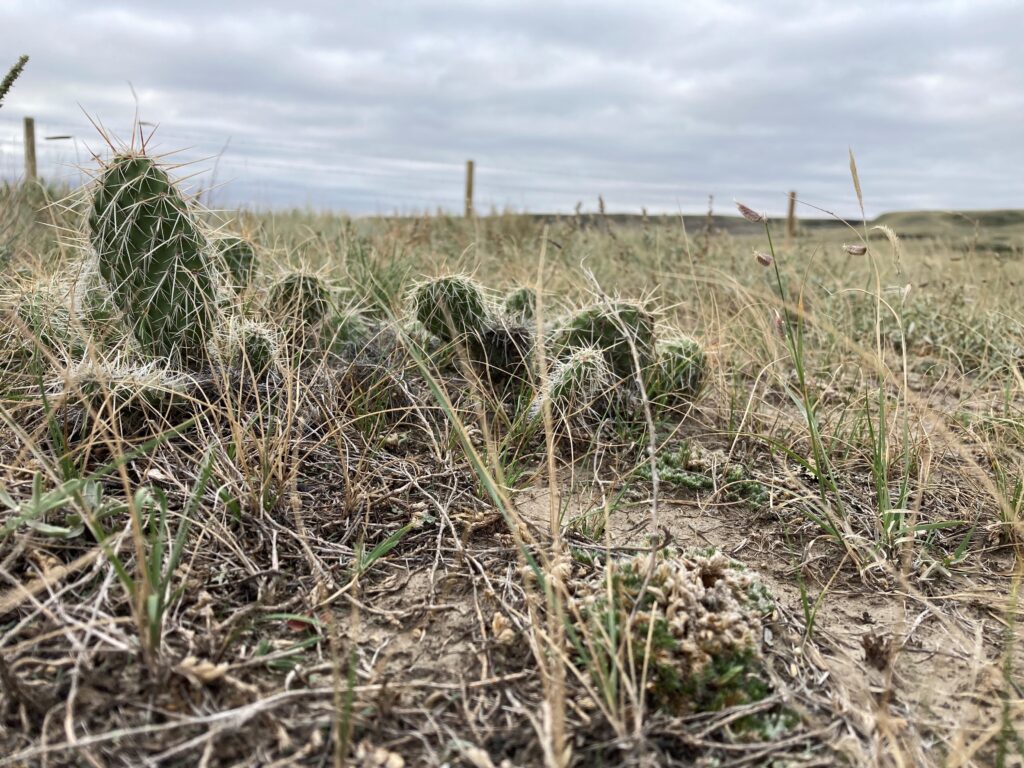April 18, 2022
Love vegetation? We are looking for Vegetation Ecologists to join our team! If this sounds like an unbe-leaf-able fit for you, please send your resume to info@paragonsoil.com.
April 18, 2022
Love vegetation? We are looking for Vegetation Ecologists to join our team! If this sounds like an unbe-leaf-able fit for you, please send your resume to info@paragonsoil.com.
April 18, 2022
Passionate about soil? We dig it 😊 We are looking for Soil Specialists to join the Paragon team! Share your passion for the outdoors with us and send your resume to info@paragonsoil.com.
April 18, 2022
Talk dirt to me 😊 We are looking for Soil Handling Monitors to join Paragon Soil! Share your passion for the environment with us and send your resume to info@paragonsoil.com.
April 14, 2022
Fun Fact: Roman emperor Heliogabalus (203 – 222 AD) once dropped so many flower petals on his dinner guests that they drowned.
While we slowly get back to socialising, one might feel a twinge of anxiety at the idea of hosting a get-together. But don’t worry, it will never go as poorly as this one did:
It was such a disastrous event that someone commissioned a painting about it 1,600 years later. The Roses of Heliogabalus was painted in 1888 by Anglo-Dutch artist Sir Lawrence Alma-Tadema and depicted the young emperor hosting a banquet. The original account of the (likely exaggerated) story from Historia Augusta described a false ceiling that fell away to release a fluttering and then a torrent of violet petals. Alma-Tadema, apparently a student of floriography, decided that roses would be more appropriate. Violets represent faithfulness and modesty according to the Victorian ‘language’… none of that here.
Since roses were out of season at the time and every petal needed to be perfect, fresh roses were shipped in weekly from the south of France during the four months it took to complete the painting. A simpler solution might have been to wait until spring, but who am I to judge. Artists can be a prickly bunch.
April 7, 2022
Fun Fact: The controls of the first combat submarine were illuminated by mushrooms.
The submersible, named “Turtle” was invented by Yale College undergrad David Bushnell in 1775 and has a documented record of use in combat during the American Revolutionary War. The design allowed the operator to affix an explosive charge to the hull of a ship and tootle away (at a max speed of 3 mph) before the charge exploded. It was also the first submersible to use water as ballast, the first to be equipped with a breathing device, and the first to demonstrate that gunpowder could be exploded underwater. It also used foxfire from bioluminescent fungi to illuminate the needles on its internal instruments so that they could be read in the dark.
Foxfire (derived from the French ‘faux’ for false) is the bioluminescence created by some species of fungi. It occurs in a number of species including Panellus stipticus (below), Omphalotus olearius, and O. nidiformis. The blueish-greenish glow is attributed to luciferin, which emits light after oxidation catalyzed by the enzyme luciferase. The earliest record of foxfire is from 382 BC, by Aristotle. He described a light that, unlike fire, was cold to the touch. Depending on the species, the light emitted can be bright enough to read by. Some scholars attribute foxfire to the will-o’-the-whisp phenomenon described in English folklore, but under different names, is also part of the folklore of Scotland, Ireland, Wales, Canada, the US, Mexico, Brazil, Argentina, Columbia, Venezuela, Uruguay, Trinidad and Tobago, Bangladesh, India, Japan, China, Denmark, Finland, Sweden, Estonia, Latvia, Lithuania, Australia, and probably more… pretty much everyone.
Despite its glowing dials, Turtle was never successful in battle. The Americans thought that it reflected both their ingenuity after the fall of New York and their tendency to adopt and embrace new, sometimes radical technologies. The British made no record of it.
March 29, 2022
Spring is just around the corner, and we can’t wait to play catch on the newly finished Paragon Soil Field of Dreams in Devon (located west of highway 60). Paragon is the lead sponsor of this priority community project. Hope to see you there!

March 17, 2022
Fun Fact: That loofah in your shower is not a sea sponge, it’s a gourd.
We think we can forgive ourselves if we assumed they were once sea creatures, enjoying sunny days in tidal pools. If you look at the cross section more closely, you’ll probably recognize its vegetal background.
Luffa aegyptiaca and Luffa cylindrica are vigorous annual vines in the Cucurbitaceae family, and are closely related to squashes, watermelons, and cucumbers. When dried, the fibrous flesh of their mature fruit can be used as “sponges”, but the flowers and young fruit can also be eaten.
Luffas like full sun and well-drained, moist soil. They need a long time to ripen (150 to 200 warm days), so they may be challenging to grow in Alberta, but if you have a particularly green thumb, there are reports of people in Zone 3 having some success. Generally, anything Zone 6 and above (left coasters, southern Ontario, right coasters, we are looking at you) is ideal, just make sure to give them lots of room. Vines can spread up to 30 feet and yield a dozen or more fruits each.
If your interested in learning more, check out this video on how to harvest your own loofah!
February 22, 2022
Paragon will be hosting a 25-hour course focusing on Soil Science for Archaeology. The course will be held in March and April of 2022, led by our own Dr. Konstantin Dlusskiy.
Click on the link below to find out more about the course and to register on Eventbrite. We hope to see you there!
February 18, 2022
Paragon has been lucky to be the recipient of monthly fun veggie facts curated by our own Dr. Brittany Flemming, and we love them so much that we wanted to share them with the world. Stay tuned for some plantastic facts!
February 1, 2022
Soil Monitors are the 21st century’s cowboys, complete with cacti landscape. Prick your interest? Send in a resume to info@paragonsoil.com.

13804-164 Street
Edmonton, Alberta
T5V 0C8
Monday - Friday
8 am - 5 pm
© Copyright 2024 by Paragon Soil and Environmental Consulting Inc. All Rights Reserved.
Fleet Scheduling Request